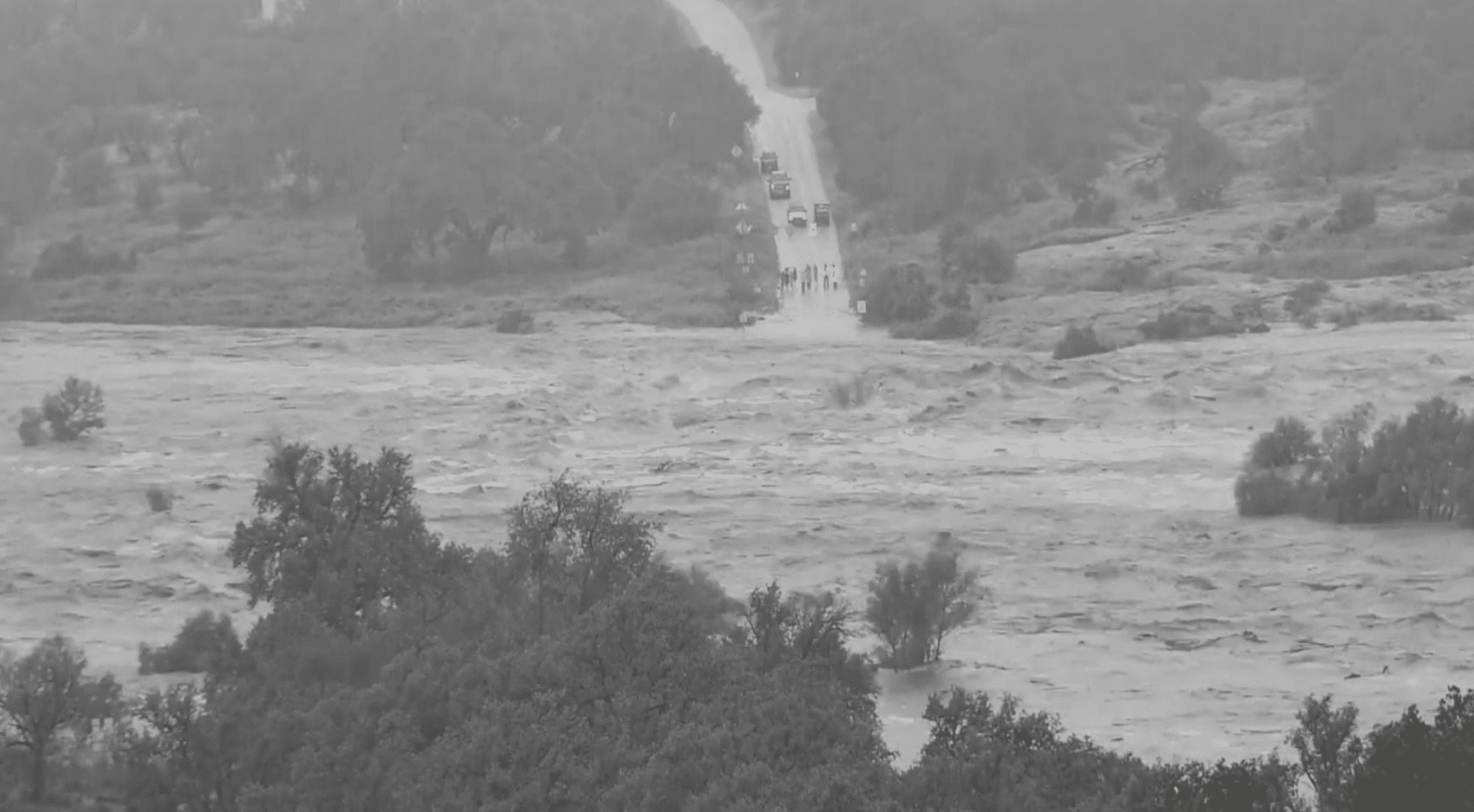Counties Have Exploited a ‘Disaster Loophole’ to Hike Taxes

By Brandon Waltens | Texas Scorecard | July 15, 2025
As Texans grapple with the devastating flood that struck the Hill Country on July 4th, killing over 130 people and leaving many still missing, local officials have already taken steps to potentially raise property taxes—without voter approval.
On Monday, the Kerr County Commissioners Court unanimously authorized its tax assessor to calculate property tax rates using a special provision in state law that allows for a higher cap on increases in the wake of a disaster.
“After the events of July 4, Section 26.042 of the Texas Tax Code allows for a taxing entity to calculate its voter-approval tax rate as a special taxing unit,” said Bob Reeves, the county’s tax assessor-collector. “This would allow me to calculate the rate using 8 percent rather than 3.5 percent over the no-new-revenue rate.”
The move doesn’t immediately raise tax bills, but it lays the groundwork for doing so. Reeves stressed that the decision “doesn’t mean we’re raising taxes,” but said he could only begin the calculation using the disaster rate if authorized by the court.
A Growing Trend
Kerr County isn’t alone. Last year, Harris County used the same disaster loophole to impose an 8 percent tax hike—more than double the typical 3.5 percent cap—citing a prior disaster declaration. That decision drew criticism from local Republicans, including Commissioner Tom Ramsey, who noted the county had already managed to fund all of its services the prior year without the increase.
The strategy has become a growing trend among local governments seeking to boost revenues without triggering a voter approval election. Critics say it’s an abuse of the intent behind disaster exceptions.
“While our home is under yet another flood watch, our county commissioners voted unanimously to take the first steps to increase our property taxes to the max rate of 8%,” said Terri Hall, founder of Texas TURF and co-founder of We the People – Liberty in Action, an organization based in Kerrville. “It’s despicable that our own Republican commissioners are exploiting the disaster and see it as an opportunity to stick it to residents … The legislature needs to put a stop to these loopholes immediately.”
Legislative Fix Incoming
That’s exactly what state lawmakers aimed to do earlier this year.
House Bill 30, passed by the Texas Legislature and set to take effect on January 1, 2026, tightens the conditions under which local governments can invoke the disaster loophole. Under the new law:
- The higher tax rate can only be used if the disaster causes actual costs—like debris removal, emergency shelter, and rescue operations—that are clearly documented.
- Local governments must submit estimates of those costs to the Texas Division of Emergency Management.
- The ability to use the disaster rate expires after three years or once the tax base recovers to pre-disaster levels—whichever comes first.
- Officials cannot reuse the same disaster to justify tax hikes year after year.
The new restrictions are aimed at curbing what some lawmakers and taxpayers have seen as an abuse of disaster declarations to push through permanent tax increases without public input.
But because HB 30 doesn’t take effect until 2026, local governments like Kerr County are still operating under the old rules.
What’s Next for Kerr County?
So far, Kerr County officials have only taken the first procedural step by authorizing the tax office to calculate the rate using the 8 percent threshold. Whether they actually vote to increase the tax rate to that level remains to be seen.
Still, the optics of making such a move in the middle of an ongoing disaster—while residents are still searching for loved ones and cleaning out flooded homes—has sparked a fierce backlash.
“Our whole budget period is being eroded away literally,” said County Judge Rob Kelly during the meeting. “And we’ve got to have somebody that’s on top of this.”
For now, all eyes are on the next Commissioners Court meetings, when a decision on the actual tax rate will be made. But the broader issue isn’t going away.
Until HB 30 takes effect, counties across Texas will continue to have broad leeway to invoke disaster declarations to get around voter-approved tax caps—leaving residents, once again, footing the bill.
Brandon Waltens
Brandon serves as the Senior Editor for Texas Scorecard. After managing successful campaigns for top conservative legislators and serving as a Chief of Staff in the Texas Capitol, Brandon moved outside the dome in order to shine a spotlight on conservative victories and establishment corruption in Austin. @bwaltens